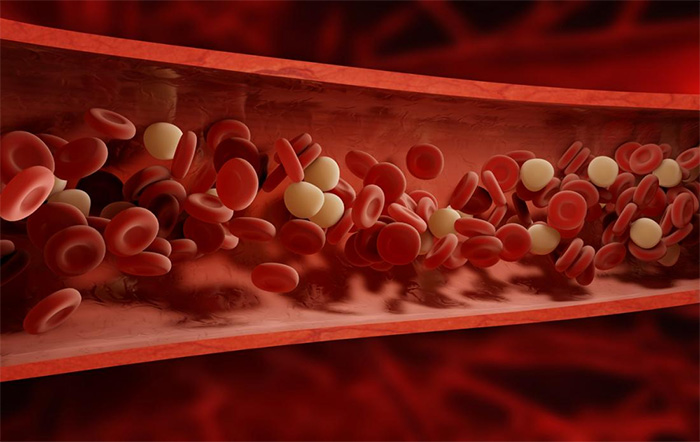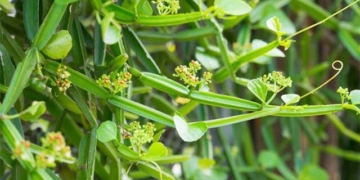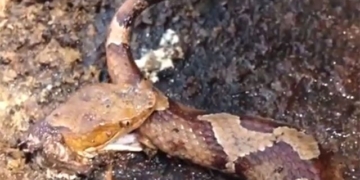A Major Obstacle for Interplanetary Exploration and Settlement Discovered by Canadian Scientists

Human blood has not evolved to suit the environment of space.
The recent study published in Nature Medicine reveals that human blood has not evolved suitably for the environment of space, specifically highlighting the phenomenon of red blood cells rapidly undergoing autolysis.
Professor and physician Guy Trudel from the Ottawa Hospital and the University of Ottawa (Canada) stated in Sci-News: “Space anemia has been consistently reported by astronauts upon their return to Earth since the first space missions, but we did not know why.”
In this new research, they compared what happens in the bodies of astronauts working on the International Space Station (ISS) for six months with those who remain continuously on Earth, discovering a shocking result: being on and staying at the space station increased the autolysis rate of red blood cells by up to 54%.
The autolysis of red blood cells is a normal mechanism of the body, but if it occurs at an abnormally rapid rate, it can certainly lead to severe anemia, threatening health and even life.
Tests conducted immediately after returning to Earth showed that the red blood cell destruction rate remained over 30% higher than before, and it took four months for their bodies to return to normal.
According to Science Alert, this will require space researchers to reevaluate plans for interplanetary travel and the establishment of extraterrestrial bases that they have been considering. It is evident that a long journey could be fatal for astronauts. The mechanism behind this rapid red blood cell destruction remains unclear.
However, besides providing a basis for reevaluating healthcare for astronauts (including appropriate diets, health monitoring, and limiting the impact of space factors), this new discovery may offer a new pathway for interventions for patients with common anemia on Earth.


















































